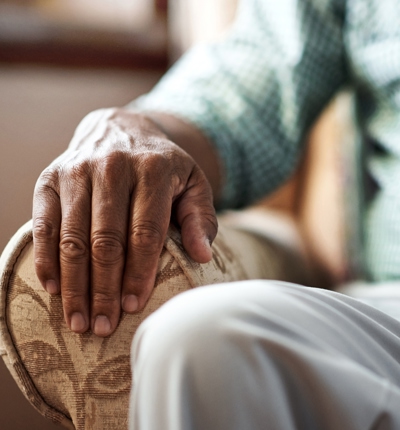
Court of Protection and best interests
We act for people who are unable to make decisions about their own affairs because of mental disability, or because of their young age.
Capacity to make decisions
Someone who ‘lacks capacity’ means a person who lacks capacity to make a particular decision or take a particular action for themselves at the time the decision or action needs to be taken. For example, someone may have capacity to make certain decisions, such as on everyday issues about who they see and what they do, but may lack capacity to make more complex decisions, such as who arranges their care or how to manage their finances.
Even if someone lacks capacity to make a decision at a particular time, this does not mean they will always be unable to make that decision, as they may regain capacity at a later date and be able to decide for themselves.
The Mental Capacity Act 2005 sets out important statutory principles empowering people to make decisions for themselves wherever possible and protecting people who lack capacity to make certain decisions by providing a framework placing the individual at the centre of the decision-making process.
For example, you are assumed to have capacity unless it is established that you lack capacity, and all practicable steps must be taken to help you make a decision. Also, just because you make an unwise decisions doesn’t mean that you can be treated as unable to make that decision.
Best interests
If you do not have capacity to make a particular decision at a particular time then any decision made on your behalf must be made in your best interests. Before such a decision is made, consideration must be given to whether there is a less restrictive way to achieve the same result for you.
The Mental Capacity Act 2005 Code of Practice contains comprehensive guidance on the Act and its implementation.
The Court of Protection
The Court of Protection decides cases in individual’s best interests where they cannot make the decisions themselves. The types of decisions the Court makes include:
- Whether someone does in fact lack capacity to make the decision in question
- Medical treatment decisions, such as whether someone should have a particular operation
- Where someone should live
- Who should provide care to them and what sort of contact arrangements they should have with family and others
- How to manage their property and affairs
What the directories say
Leigh Day have a very good Court of Protection team working predominantly on welfare matters. The team are hard working, sharp and insightful.
Legal 500 2024
Read our Court of Protection leaflet
How we can help
We can provide help and advice in all areas, including representing you in the Court of Protection.
If we are representing an individual who is thought to lack capacity, the Court will invite someone else to stand in their shoes and become their ‘litigation friend’. This may be a family member or friend, or, if there is no one suitable for this role, the Official Solicitor (an independent statutory office holder). We can represent the person who lacks capacity through their litigation friend in these circumstances.
You may find that someone you know who is thought to lack capacity is the subject of Court of Protection proceedings and that you need representation in the proceedings to ensure your views are heard. We can act for you in these circumstances.
We also represent parents in proceedings in the High Court where the court is being asked to make decisions in a child’s best interests, for example, in medical treatment cases where there is a dispute about the appropriate medical treatment a child should receive and the court is required to resolve the dispute and decide on the best course of action in the child’s best interests.
Funding
There are various ways to fund representation in the Court of Protection and we can discuss all your options with you.
Read our blogs
Deprivation of liberty at home – a backward step?
The Court of Protection recently handed down a striking judgment in which it has asked the Supreme Court to ‘reconsider’ whether Article 5 is engaged in the context of deprivation of liberty at home following the landmark judgment in Cheshire West

